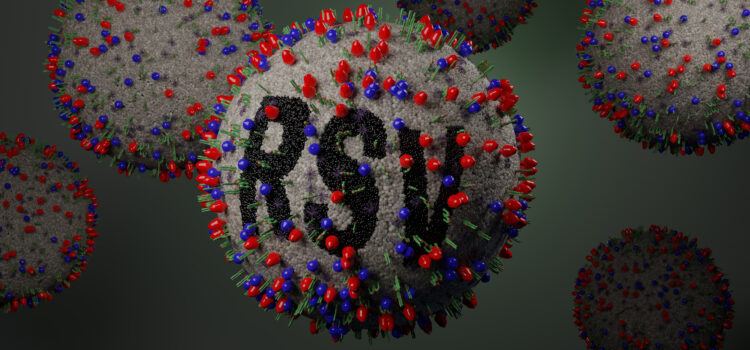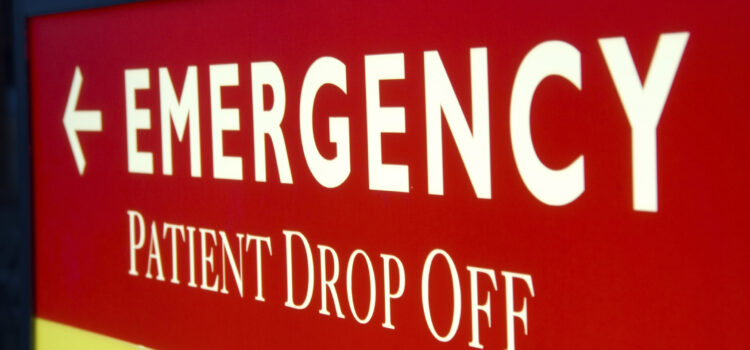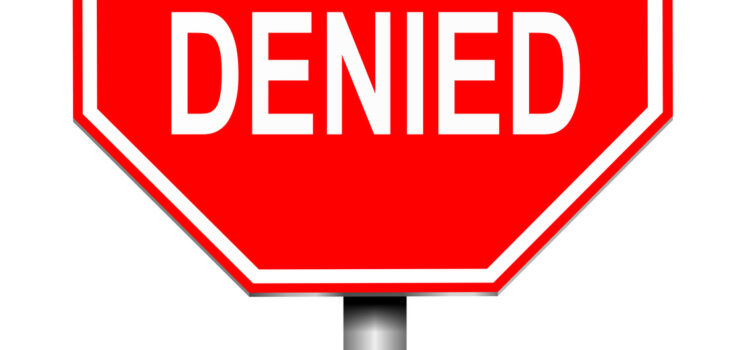As you probably recall, there was a marked difference in rates of respiratory syncytial virus at a certain point during the COVID-19 pandemic. In fact, data from the Centers for Disease Control and Prevention reveal that there was essentially no RSV “season” in 2020–21, presumably due to school closures, masking, and social distancing practices. Before the pandemic, RSV cases started to climb in October, peaked in December, and essentially disappeared by April. Now, the Journal …
Read More









